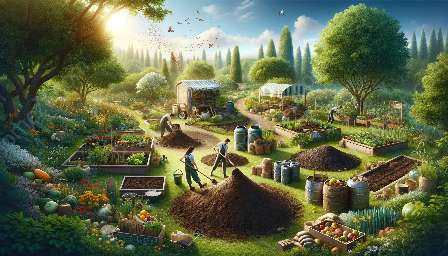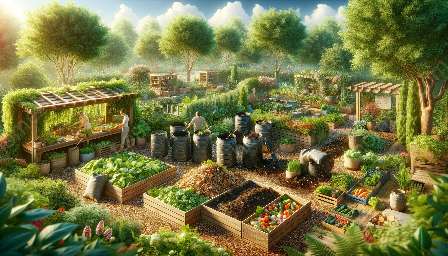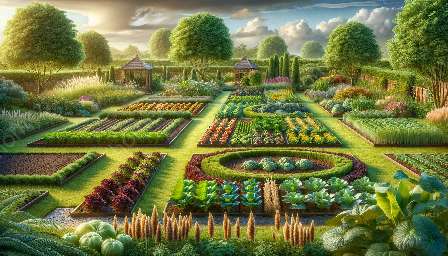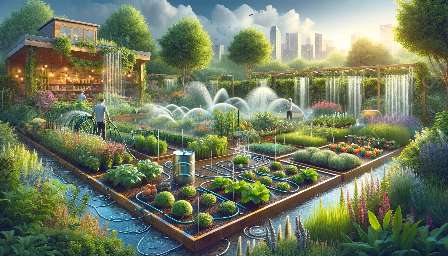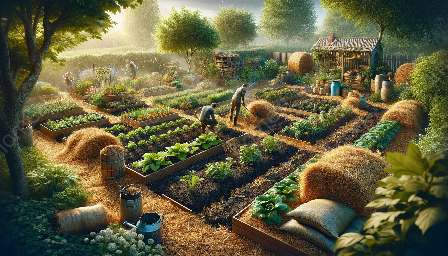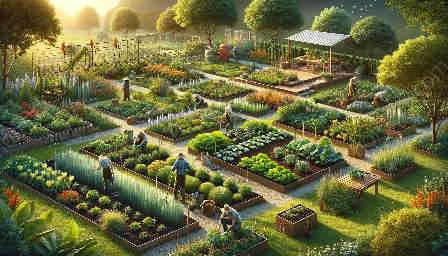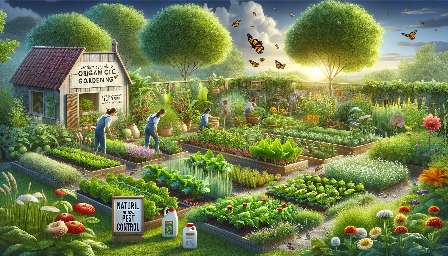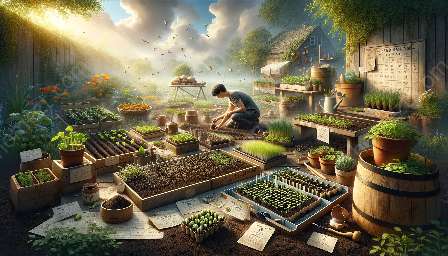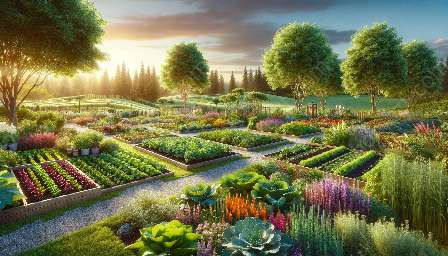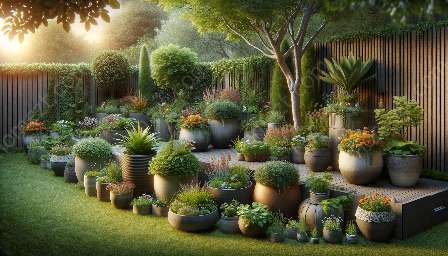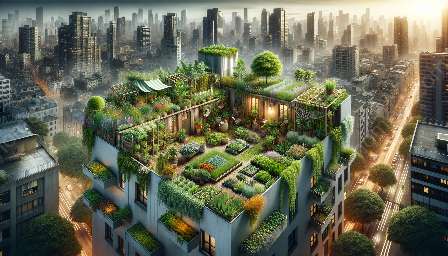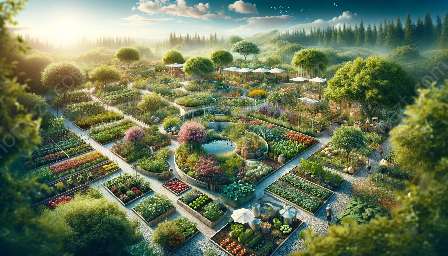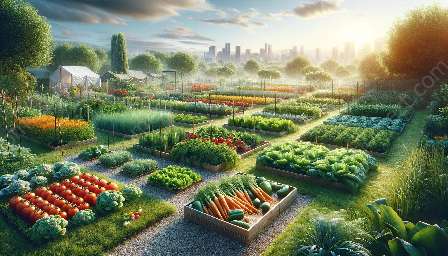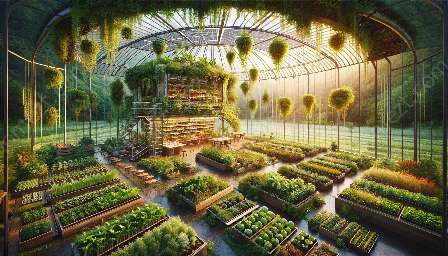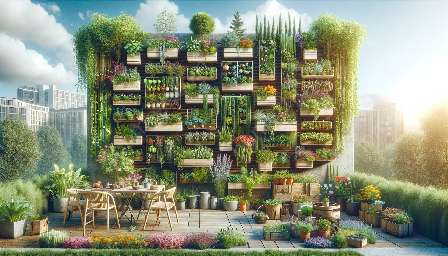Urban gardening has become a popular trend in recent years as more people are looking for ways to reconnect with nature, even in the midst of urban landscapes. This innovative practice allows city dwellers to grow their own plants and vegetables in limited spaces, contributing to a more sustainable and environmentally friendly lifestyle.
Urban gardening is closely related to organic gardening, as it emphasizes the use of natural and eco-friendly methods to grow plants and food. It is also an integral part of landscaping, adding greenery and beauty to urban environments.
Benefits of Urban Gardening
There are numerous benefits to practicing urban gardening, both for individuals and the community as a whole. These benefits include:
- Food Security: Urban gardening allows people to grow their own fresh produce, reducing their reliance on store-bought items and contributing to food security in urban areas.
- Community Engagement: Urban gardens often bring communities together, providing a shared space for people to connect and cultivate a sense of belonging.
- Environmental Impact: By adding greenery and vegetation to urban areas, urban gardening helps improve air quality, reduce heat islands, and support local biodiversity.
- Health and Well-being: Gardening has known physical and mental health benefits, and urban gardening provides city dwellers with an opportunity to engage in this therapeutic activity.
Techniques for Urban Gardening
Urban gardening presents unique challenges due to limited space and environmental factors, but there are several techniques that can help maximize the potential for successful cultivation in urban settings:
- Container Gardening: Utilizing containers such as pots, hanging baskets, or window boxes allows urban gardeners to grow plants vertically and save space.
- Vertical Gardening: Growing plants on vertical structures, such as trellises or living walls, maximizes space and adds visual interest to urban environments.
- Community Gardens: Participating in or establishing community gardens provides urban residents with larger growing spaces and the opportunity to share knowledge and resources.
- Green Roof Gardening: Utilizing roof spaces for gardening not only adds greenery to urban landscapes but also contributes to insulation and stormwater management.
Compatibility with Organic Gardening
Urban gardening is highly compatible with organic gardening practices. Just like traditional organic gardening, urban gardening emphasizes the use of natural fertilizers, composting, and the avoidance of synthetic chemicals and pesticides. Urban gardeners also focus on soil health and strive to create a sustainable ecosystem within their limited gardening spaces.
Urban Gardening and Landscaping
Urban gardening and landscaping go hand in hand, as both contribute to the beautification and environmental enhancement of urban areas. Urban gardening can be integrated into landscaping designs to create green spaces, improve aesthetics, and provide ecological benefits such as habitat for pollinators and birds.
Overall, urban gardening is a versatile and sustainable practice that allows individuals to engage with nature, foster community connections, and contribute to the greening of urban environments. Whether practiced in small backyard plots, rooftop gardens, or community spaces, urban gardening offers a meaningful way for city dwellers to embrace sustainable living and enjoy the many rewards of cultivating their own green oasis in the midst of the urban jungle.

